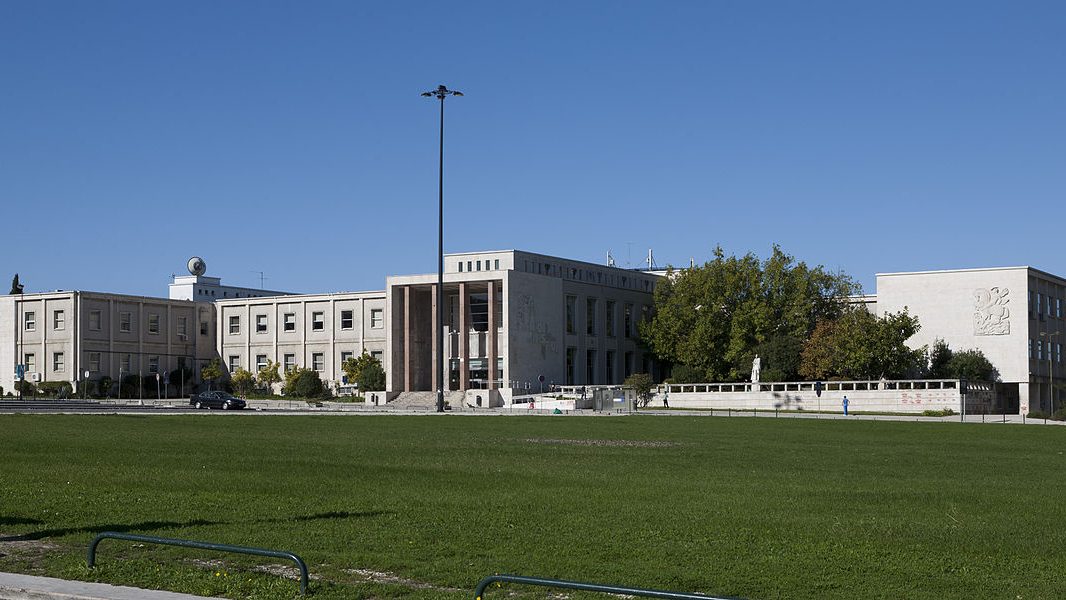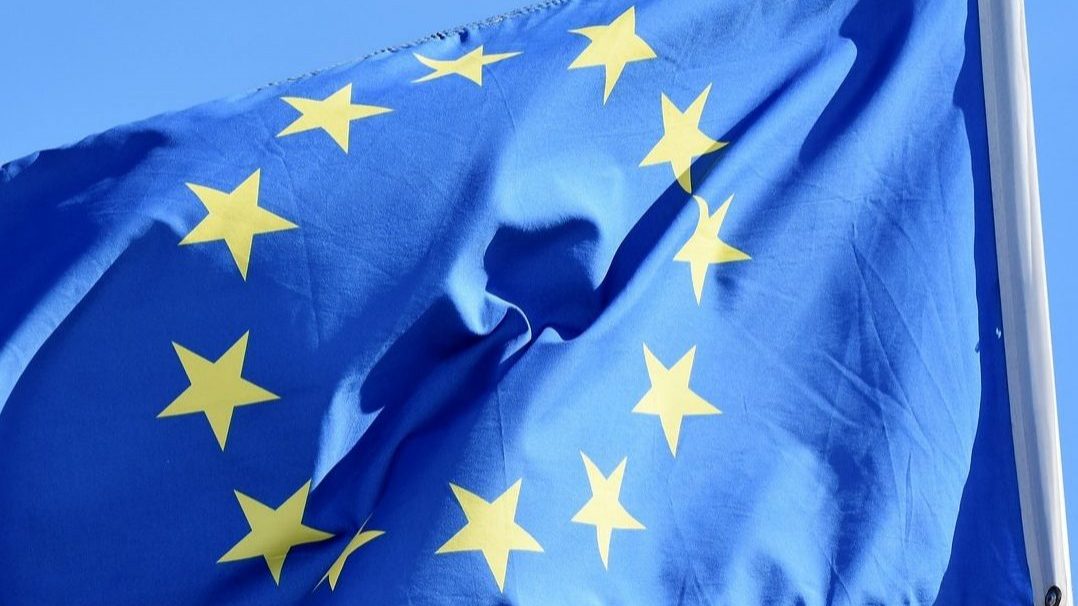Temporary protection for 29,560 from Ukraine, 35% are minors
Since the beginning of the war, Portugal has authorised 29,560 requests for temporary protection from people who fled the war in Ukraine.
Ukrainian minors represent 35% of refugees who have arrived in Portugal since the beginning of the war, and the prosecutor’s office has been notified of the situation of 360 children who entered the country without parents or legal representatives.
In a note on the requests for temporary protection granted to citizens who have fled the war in Ukraine that began on February 24, the immigration and borders service, SEF, says it has communicated to the prosecutor the situation of 360 Ukrainian minors who arrived in Portugal without parents or legal representatives, cases in which there is considered to be no “present or imminent danger”.
SEF also communicated to the Commission for the Protection of Children and Young People (CPCJ) the situation of nine minors who arrived in Portugal unaccompanied, but with another person other than parents or proven legal representative, such cases representing “current or imminent danger”.
According to SEF, requests for temporary protection have been authorized for 10,353 minors.
Since the beginning of the war, Portugal has authorised 29,560 requests for temporary protection from people who fled the war in Ukraine, 67% of them women, the SEF said, specifying that the municipalities with the highest number of requests are Lisbon, Cascais, Sintra, Porto and Albufeira.
During the process for temporary protection in Portugal, citizens have access to their tax identification number, social security number and national health service (SNS) number, so they can benefit from these services and enter the labour market.
Of the 29,560 requests, the SEF has issued 11,500 certificates granting a residence permit under the temporary protection regime, according to that security service.
This certificate, issued after the SNS, social security and tax authority have assigned the respective numbers, is necessary for refugees to start working and access support.
The SEF indicates that, during the process of assigning these numbers, citizens can consult the numbers that, in the meantime, are being assigned, in their reserved area of the digital platform https://sefforukraine.sef.pt.
The request for temporary protection in Portugal can be made through the online platform created by SEF and available in three languages.
However, in the case of minors, it is compulsory to go to a SEF branch to confirm identity and parentage.
When the minor is being registered to obtain temporary protection, SEF can proceed in several ways.
According to this security force, SEF immediately contacts the CPCJ of the area to adopt the urgent procedures and provide assistance, when it comes to unaccompanied children, in the presence of someone other than their parents or proven legal representatives, but “in current or imminent danger to life or serious impairment of physical or psychological integrity of the child or young person”.
SEF also immediately contacts CPCJ in order to adopt urgent procedures and provide adequate assistance when dealing with an “unaccompanied and abandoned minor”, bearing in mind that this “child is considered to be in current or imminent danger”.
Another form of action of SEF involves the communication to the public prosecutor when children arrive accompanied by adults who are not their parents or legal representatives, but by family members, in cases where it is considered that there is no danger.
In this situation, the communication is made to the public prosecutor’s office of the geographical area of residence declared to SEF “for the appointment of a legal representative and possible initiation of proceedings for protection of the minor”.
Russia launched a military offensive in Ukraine on 24 February, with ground forces and bombing targets in several cities, an attack that was condemned by the international community in general.
This is the worst refugee crisis in Europe since the Second World War (1939-1945) and the United Nations estimates that some 13 million people are in need of humanitarian assistance in Ukraine.


